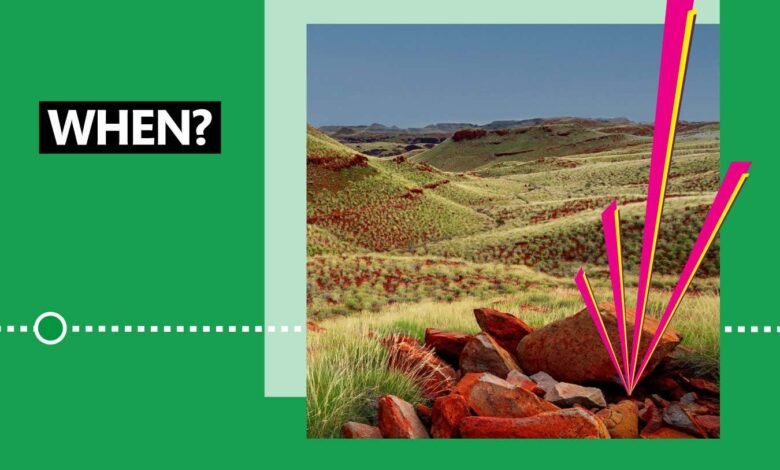When did life begin on Earth? New evidence reveals a shocking story


Earth is some 4.5 billion years old. When it formed from colliding rocks around a dim, young sun, it was presumably lifeless, and geologists long thought that life didn’t emerge for a billion years or more. This idea came from analysis of moon rocks brought back from the Apollo landings, which indicated Earth was pummelled by space rocks between 4 billion and 3.8 billion years ago – an event called the Late Heavy Bombardment. The implication was that the origin of life as we know it must have begun after that, since any earlier organisms would have been blitzed.
“There’s two issues with that,” says Philip Donoghue at the University of Bristol, UK. First, models suggest that some life could have survived deep in the oceans. More damningly, it now seems that the Late Heavy Bombardment didn’t actually happen. The Apollo missions only created the impression of a huge bombardment over a brief period because they all collected rocks of a similar age.
We now know that, early in Earth’s history, large impacts occurred sporadically over hundreds of millions of years. However, we also know that a body the size of Mars collided with Earth just after it was formed, vaporising the planet’s surface. “If life originated before then, it would have been wiped out,” says Donoghue.
Earth’s oldest rocks
Life began when inert matter self-organised into living systems, but, despite decades of research, how that happened remains a mystery. Figuring out when it happened is also a big challenge because the fossil record gets worse the further back…
Source link




